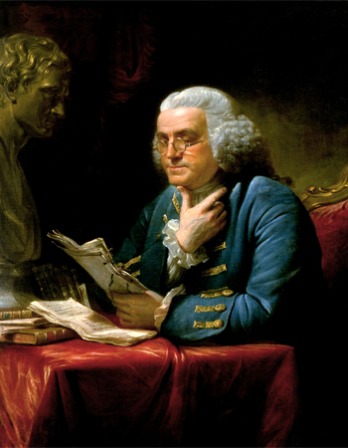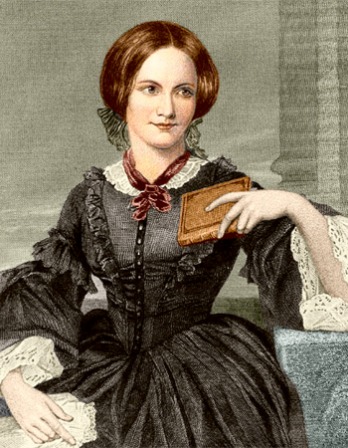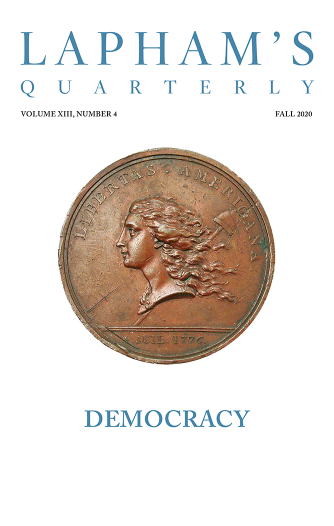It is a general complaint among men of reading, and to many a discouragement from it, that they find themselves not able to retain what they read with any certainty or exactness.
And in no part of literature is there greater room for this complaint than in history, to the studying of which with pleasure and improvement, as nothing contributes more, so nothing has been thought more difficult to be retained than a distinct and accurate knowledge of chronology and geography. Upon this account several attempts have been made to remedy, in some measure, the defects of the memory, by chronological and geographical tables, cuts, and maps, and by reducing the principal parts of history to certain epochs or eras, so disposed and contrived as may be most likely to affect the imagination and make the deeper impression upon the mind. Thus Thomas Hearne, in his Ductor Historicus, has reduced the whole compass of chronology to thirteen grand epochs, all beginning with the letter C. Dean Prideaux, in his Introduction to History, has made use of the number seven throughout his whole book—“Not out of affectation,” as he tells us, “but experience, as most easy for the memory”—with others of the like nature, which serve at least to show that the memory wants assistance, and that small helps are better than none. But of all the inventions made use of for this end, none has been found to contribute more to the assistance of the memory than that of technical verses, both as they generally contain a great deal in a little compass and also because being once learned, they are seldom or never forgot.
Of this nature is the following method, the design of which is not to make the memory better but things more easy to be remembered, so that by the help of it, an ordinary or even a weak memory shall be able to retain what the strongest and most extraordinary memory could not retain without it. For as he who first contrived to assist the eye with a telescope did not pretend to give sight to the blind, or make any alteration in the eye itself, but only to bring the objects nearer that they might be viewed more accurately and distinctly, so neither is it pretended by this art to teach those to remember everything who never could remember anything, or to make men in an instant skillful in sciences which before they were entirely unacquainted with, but only to enable them to retain with certainty and exactness what they have already a general and competent knowledge of, that they may not be obliged upon every occasion to have fresh recourse to their books or maps, or be under the tiresome necessity of reading the same things again and again, still forgetting them as fast as they read them.
To those who may object, of what use is it to be thus exact, and content themselves with an imperfect and confused remembrance of what they read, it might be answered that such as think it of no use need not, as I presume they will not, trouble themselves about it, this being designed for the benefit of those only who think it is of use, and who, even at the expense of a little pain, would remember if they could. But besides this, I believe it will be agreed on all hands that to instance in history only, a man who has an exact notion of time and place finds incomparably more pleasure and makes a speedier progress in that study than he who has not.
From Memoria Technica. Inspired by Quintilian’s Institutes of Oratory, Grey published this treatise ten years after being ordained as an Anglican priest. The work proved successful and was reprinted numerous times through 1861. His method for ensuring the recall of facts involves substituting numerical digits with letters, which could then be combined into pronounceable, if nonsensical, words. “Thus in history,” he explains after this introductory essay, “the Deluge happened in the year before Christ 2348; this is signified by the word Deletok: Del standing for Deluge, and etok for 2348.”
Back to Issue




